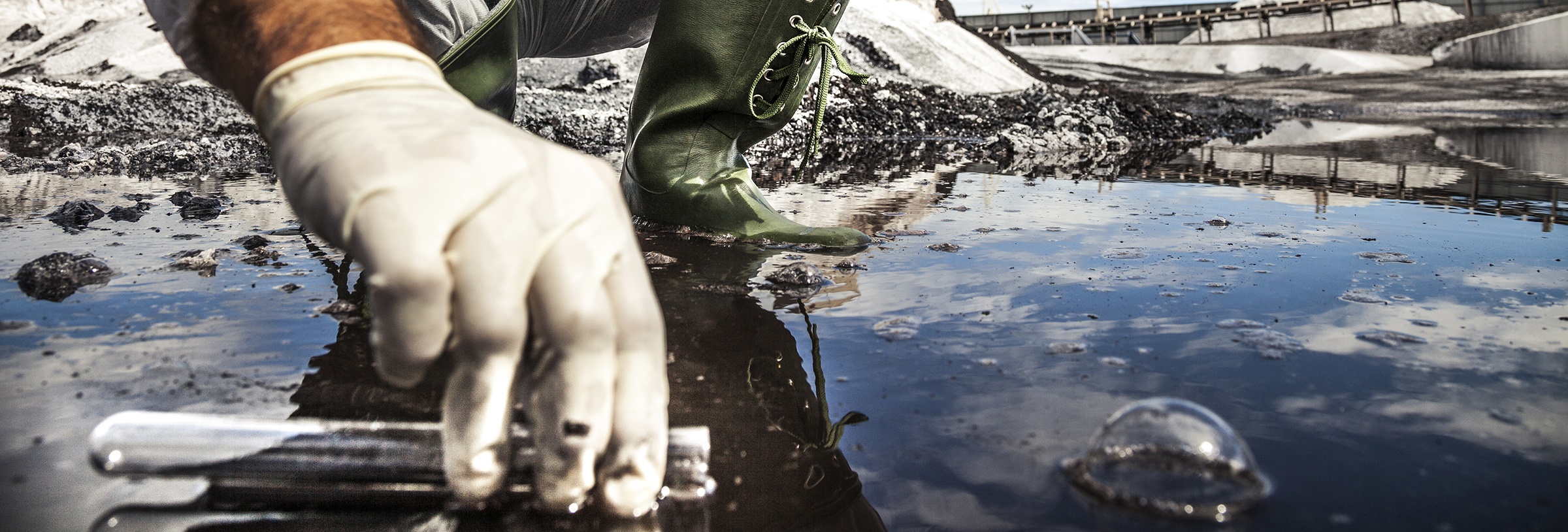NRD Consent Decree Shows Innovation Alive & Well at DOI
On June 3, 2019, the United States lodged a proposed Consent Decree under the Clean Water Act and the Oil Pollution Act that would resolve a suite of natural resource damages (NRD) claims by federal, state, and tribal trustees against the Port of Everett and the United States Navy (Navy) arising from releases of oil and hazardous substances from industrial and municipal operations near Port Gardner Bay in Everett, Washington. The proposed consent decree, which can be found here, is a reminder that the NRD program is alive and well at the Department of the Interior (DOI), and that creative solutions to resolving NRD liability are still possible, even when numerous parties are involved at complex industrial sites.
Port Gardner Bay sits at the edge of the City of Everett and is the terminal point where the Lower Snohomish River flows into Puget Sound. The area and its surrounding waters provide important spawning, rearing, and feeding habitat for numerous federally-listed fish and wildlife species, including Chinook salmon, Steller sea lions, and the critically endangered Southern resident orcas. Port Gardner Bay is also home to commercial and recreational fisheries, and has supported deep water commercial shipping and other industrial activities, including two pulp and paper mills, for decades. Over time, a number of these industrial operations that were owned or operated by either the Port of Everett or the Navy contaminated the Bay with releases of oil and various hazardous substances (including PCBs, pesticides, PAHs, and metals like lead, mercury, copper, chromium, and arsenic).
In the proposed Consent Decree, the Port of Everett resolves its liability with all of the federal, state, and tribal trustees, including DOI, the National Oceanic and Atmospheric Administration (NOAA), the State of Washington, the Suquamish Tribe, and the Tulalip Tribes. The State and the Tribes also agree to settle their claims against the Navy for its contamination. Notably, though, the mechanism for resolving those liabilities is not the traditional process whereby the settling parties pay money damages to the trustees, who then restore the public’s resources. Instead, the Consent Decree requires the Port of Everett to construct and maintain an intertidal estuarine and upland conservation bank that will restore 338 acres of habitat in the Lower Snohomish River estuary. (Conservation banks are mechanisms that allow owners of lands with specific natural resource values to sell credits to offset adverse impacts elsewhere in exchange for permanently protecting the bank lands.) The Port of Everett will resolve its approximately $4.6 million liability to the trustees by retiring about 10% of that bank immediately, while the Navy will contribute roughly $790,000 to the construction of the bank to resolve its liability. The Port of Everett will also pay over $700,000 to the trustees for past assessment costs, while the Navy will pay $135,000. In addition to resolving their current liability, both the Port of Everett and the Navy will receive covenants not to sue from the trustees.
The Port Gardner Bay Consent Decree shows that innovative solutions to resolving NRD liability, like the use of conservation banks, are still possible, even with the withdrawal of DOI’s NRD restoration banking guidance. Nossaman has a strong team of attorneys across the nation with experience dealing with NRD and the various trustee agencies for both private and governmental clients. Please contact us if you have any questions about how NRD issues might impact your business.
